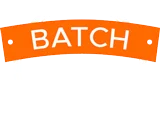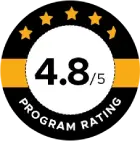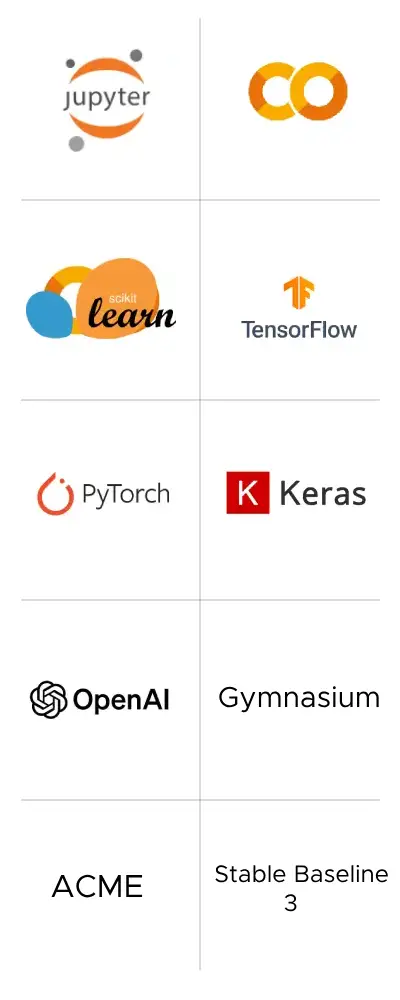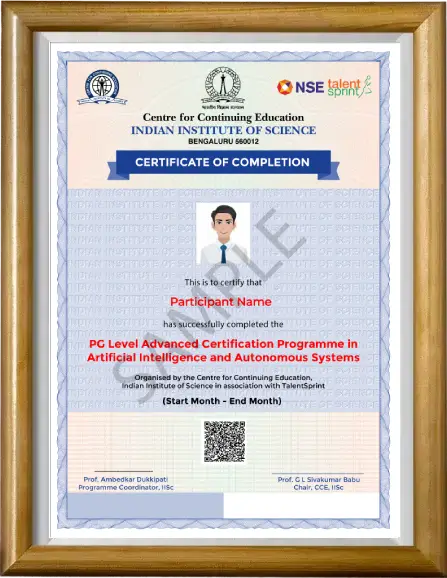Prof. Shalabh Bhatnagar
Research Expertise: Stochastic Approximation Algorithms, Stochastic Control,
Reinforcement Learning, Simulation Optimization,
Autonomous Systems, Vehicular Traffic Control, Smart Grids, Communication/Wireless Networks
- Head of Stochastic Systems Laboratory at IISc.
- Authored research papers and a book titled ‘Stochastic Recursive Algorithms for Optimization:
Simultaneous Perturbation Methods.’
- Worked as a Principal Investigator for sponsored projects of organisations like DRDO, Xerox, DST -
GoI, and Texas Instruments (India).
- Winner of Prof. Satish Dhawan Young Engineer Award (2013), Rajib Goyal Young Scientist Prize
(2012,13,15), and more such honors.
- Besides IISc, worked as a Visiting Faculty for leading institutions like IIT Delhi, INRIA - France, TU
Delft, Netherlands, and NUS - Singapore.







 Master
Reinforcement Learning, Neural Networks
Master
Reinforcement Learning, Neural Networks
 Automate Critical
Automate Critical
 Amplify your organization’s
Amplify your organization’s
 Implement
an autonomous system with AI functionalities
Implement
an autonomous system with AI functionalities
 Get certified by the Centre
for Continuing Education at IISc
Get certified by the Centre
for Continuing Education at IISc
 Have a holistic
Have a holistic







